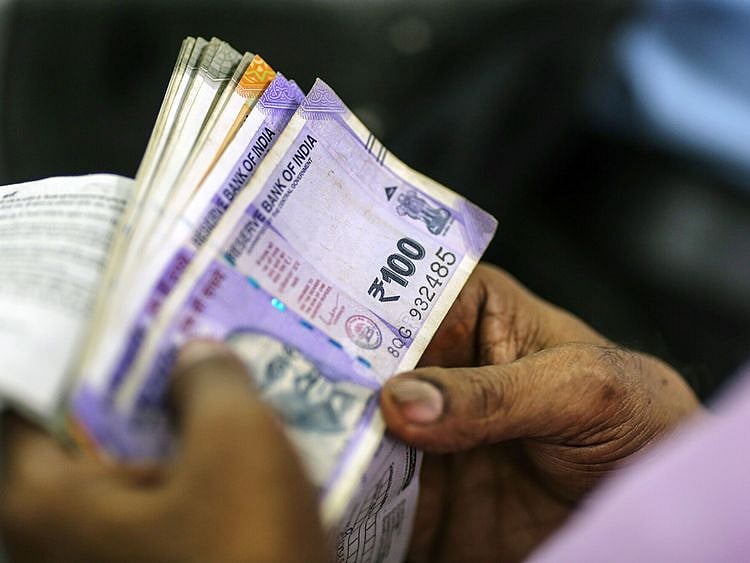UAE businesses start rupee-dirham settlements with Indian suppliers - how does it help?
In significant shift, this helps reduce their use of dollar on imports from India

Dubai: Foodstuff traders, wholesalers in gold and jewellery, and those in industrial manufacturing are reaping the early benefits from using the dirham and the rupee in two-way deals between the UAE and India. What this does is remove the requirement of having to use the dollar in settling deals involving UAE and Indian entities.
The full-scale benefits from the ‘Local Currency Settlement’ deal will start being felt from early 2024, according to top business sources in the UAE.
“More businesses are convinced that this approach is the right way to go,” said Raju Shroff, CEO of Regal Group. “More will adopt the Local Currency Settlement system, especially since India and UAE are large trading partners.”
The mechanism will use existing banking systems and convert payments into either rupee or dirham directly without needing a third currency.
And the benefits? Less transactions costs involved, and allowing those involved in the transaction to better manage FX fluctuations (especially if the dollar strengthens against the rupee).
The Regal Group has signed the initial set of contracts with its Indian suppliers to make the payments in their local currency, and the ‘supplies will come through in the next 60-90 days’.
Most of the local currency deals UAE businesses sourcing from India have been relatively lower ticket buys. That too could change.
More to learn for companies
In some cases, companies are researching more about the forex-related legalities before taking the proverbial plunge, said Prem Kumar, Corporate Advisor and Board Member at Jaleel Holdings. “Traders will benefit from savings on conversion cost and price fluctuation,” he said. ”However, we have to learn more about the forex-related legalities.”
Extension of CEPA
Even companies that enjoy a fixed rate for the dollar from banks and forex traders, such as Dubai-based AAK Foods, are considering switching to the rupee for payment to Indian suppliers. They have done so with small produce volumes.
Muhammed Musthafa, Managing Director of AAK Group, said, “We are working out a mechanism to use the INR to pay for imports of rice, spices, onions and pomegranates. We are also considering paying in rupee for air-freighted vegetables like mangoes and grapes from India.”
Musthafa highlighted that the Comprehensive Economic Partnership Agreement (CEPA) has been beneficial, particularly for agricultural products that were subject to duties.
New industries consider rupee-dirham trade
Across sectors, including manufacturing tech services, businesses are changing their mode of operations. For example, Microavia, a UAE-based unmanned aerial vehicle (UAV) developer, is actively looking to expand its UAV technology and services to the Indian market. “And this new development may make this expansion less costly,” said Alex Lapirov, CEO of Microavia.
Supply chain
Aneef Tas, the CEO of Dubai-based electronics brand Endefo, explained that the recent trade rules provide an opportunity for companies like his, which rely on Chinese imports for their operations across the GCC. They can now consider shifting their supply chain closer to India.
Given the substantial imports, Tas also emphasised the significance of dollar fluctuations in trading activities. When they place orders in India, they might secure lower prices. Still, since shipments take 4-5 months to arrive, fluctuations in the dollar exchange rate can impact the final cost, necessitating adjustments ranging from $1.2 to $1.3 per dirham.
Sign up for the Daily Briefing
Get the latest news and updates straight to your inbox
Network Links
GN StoreDownload our app
© Al Nisr Publishing LLC 2026. All rights reserved.